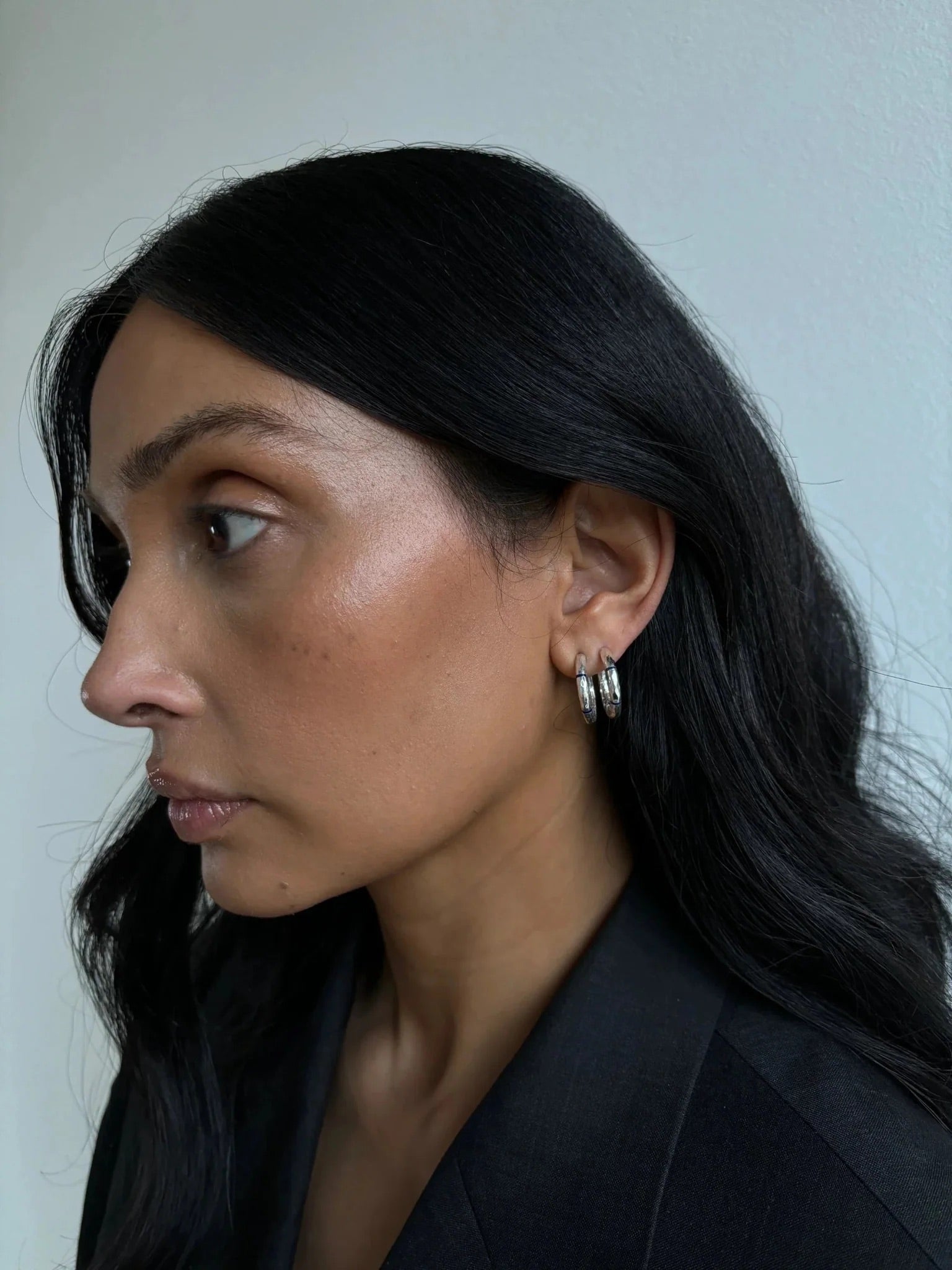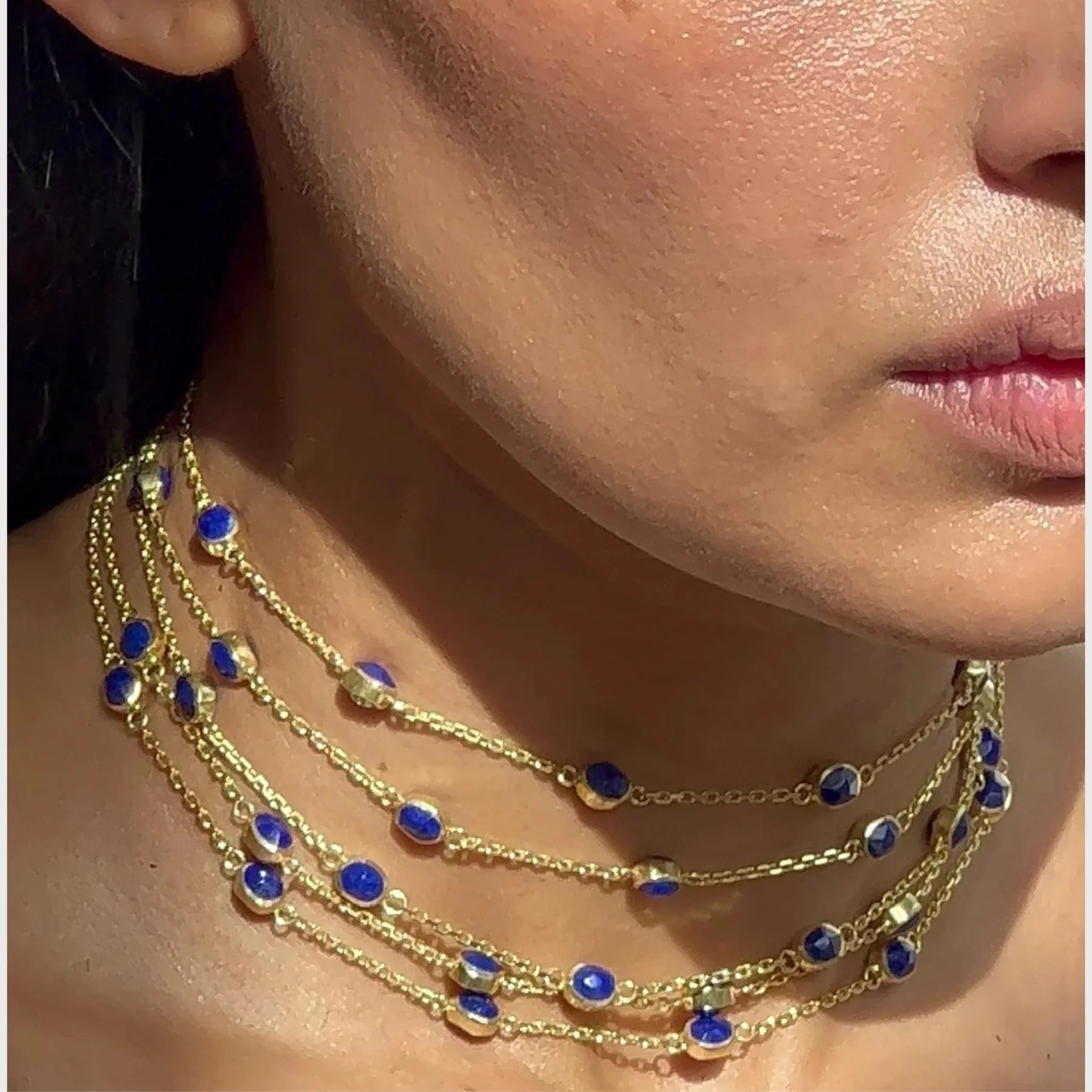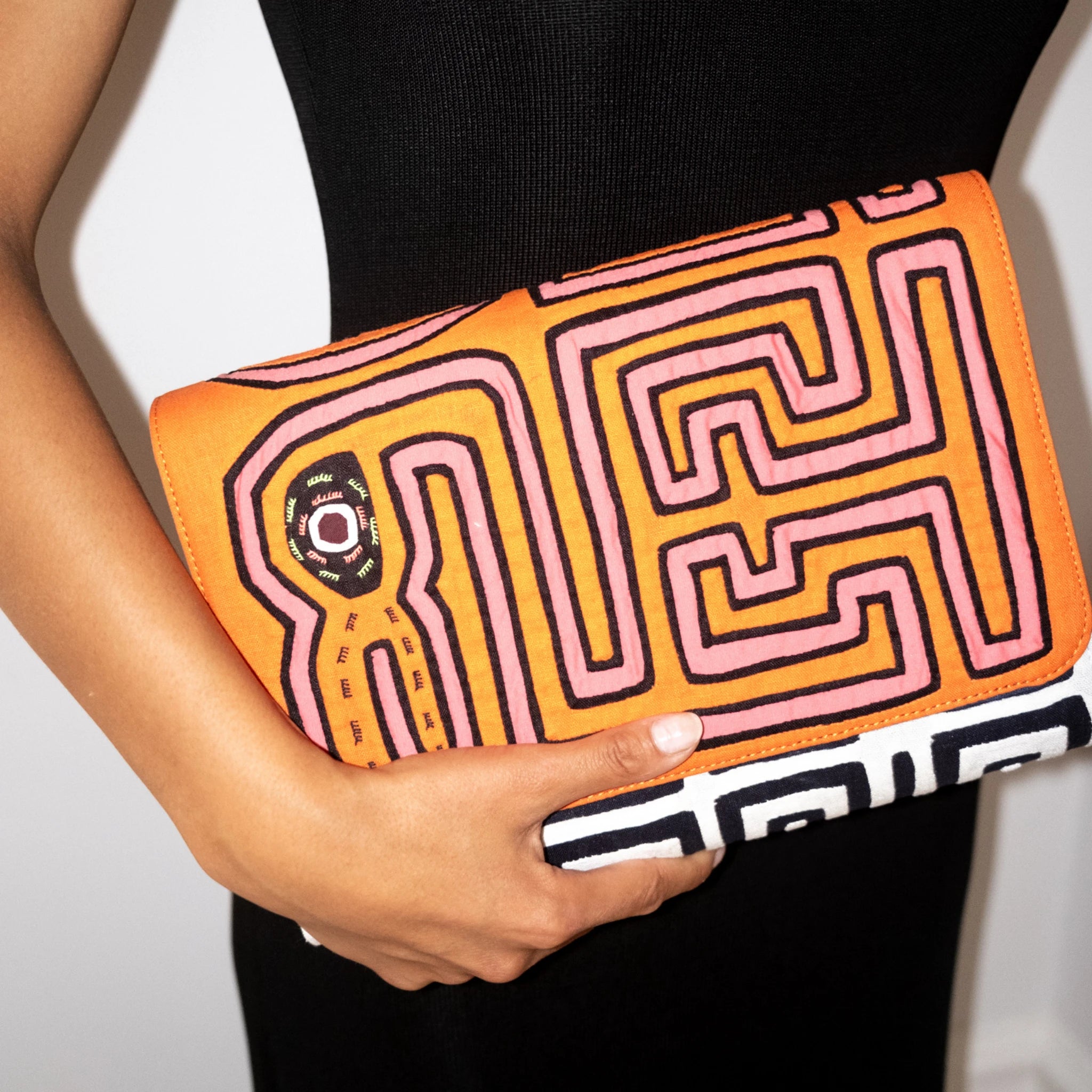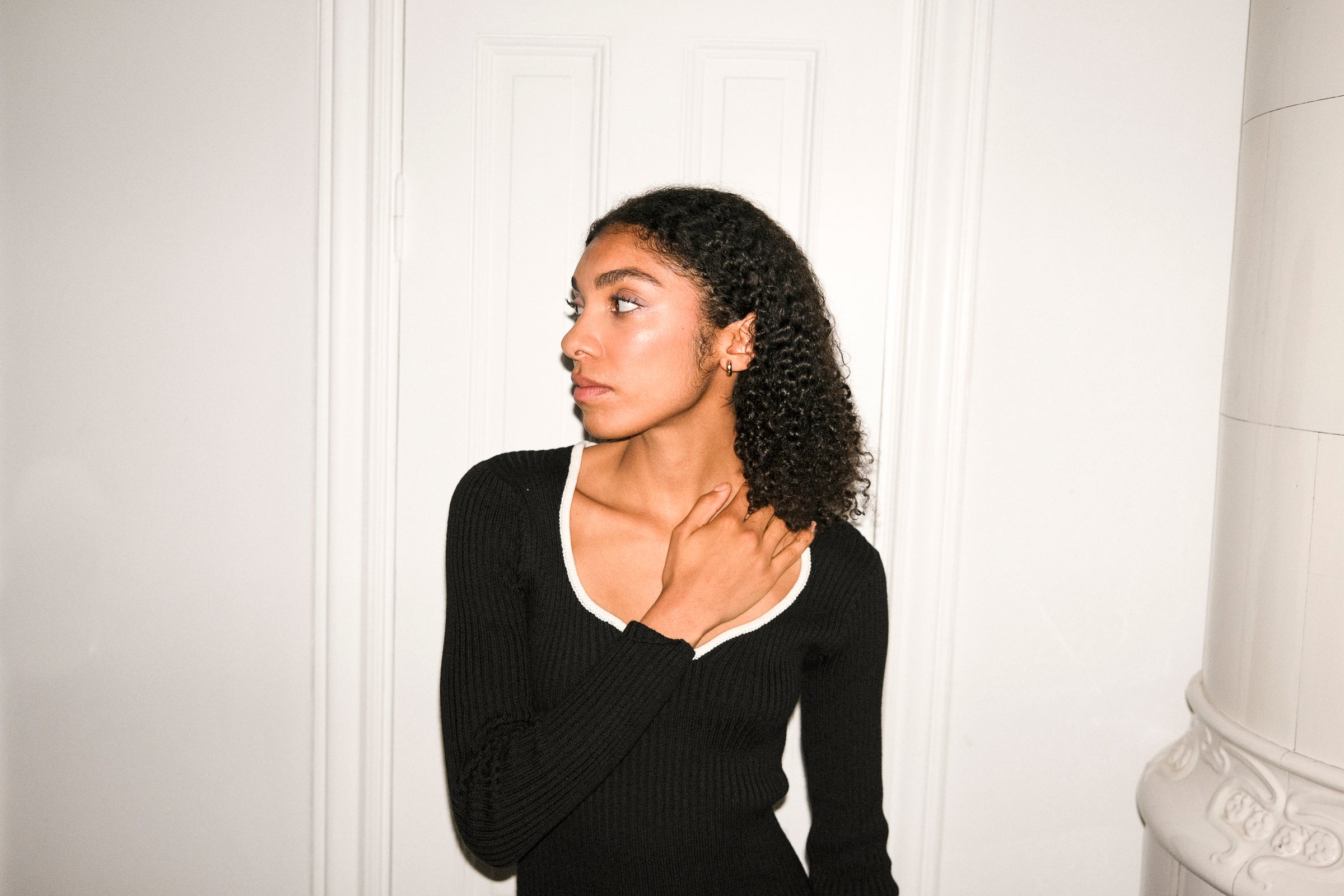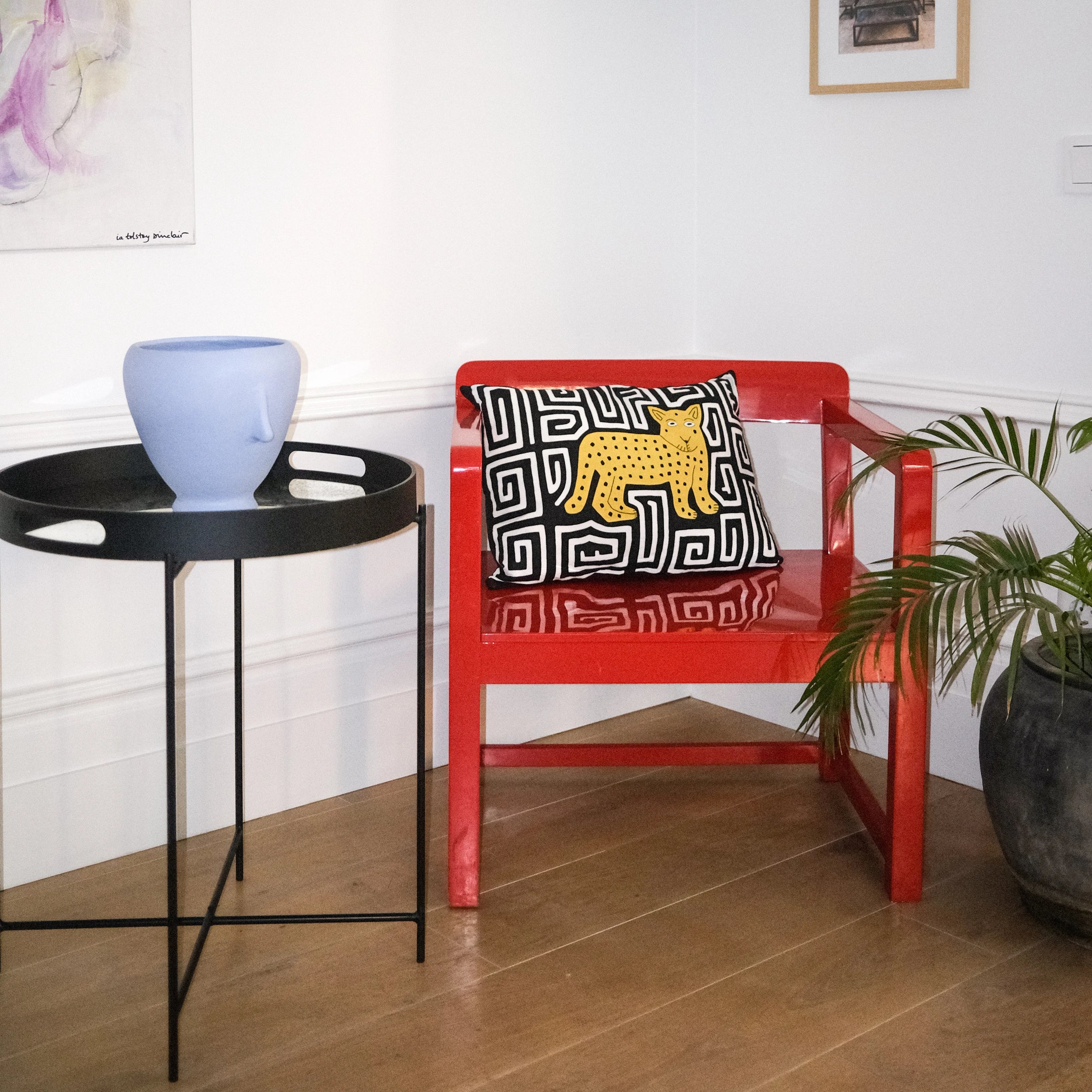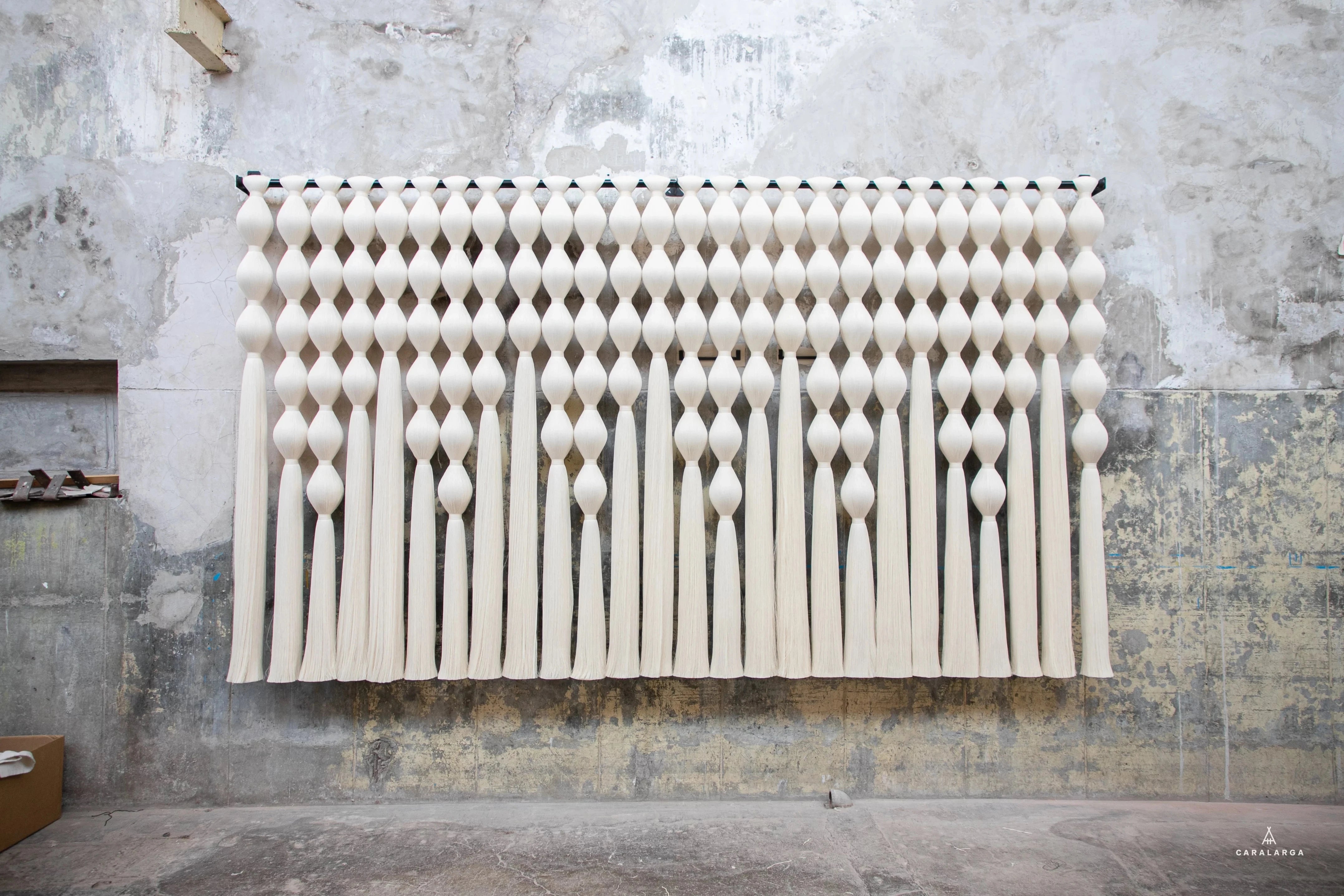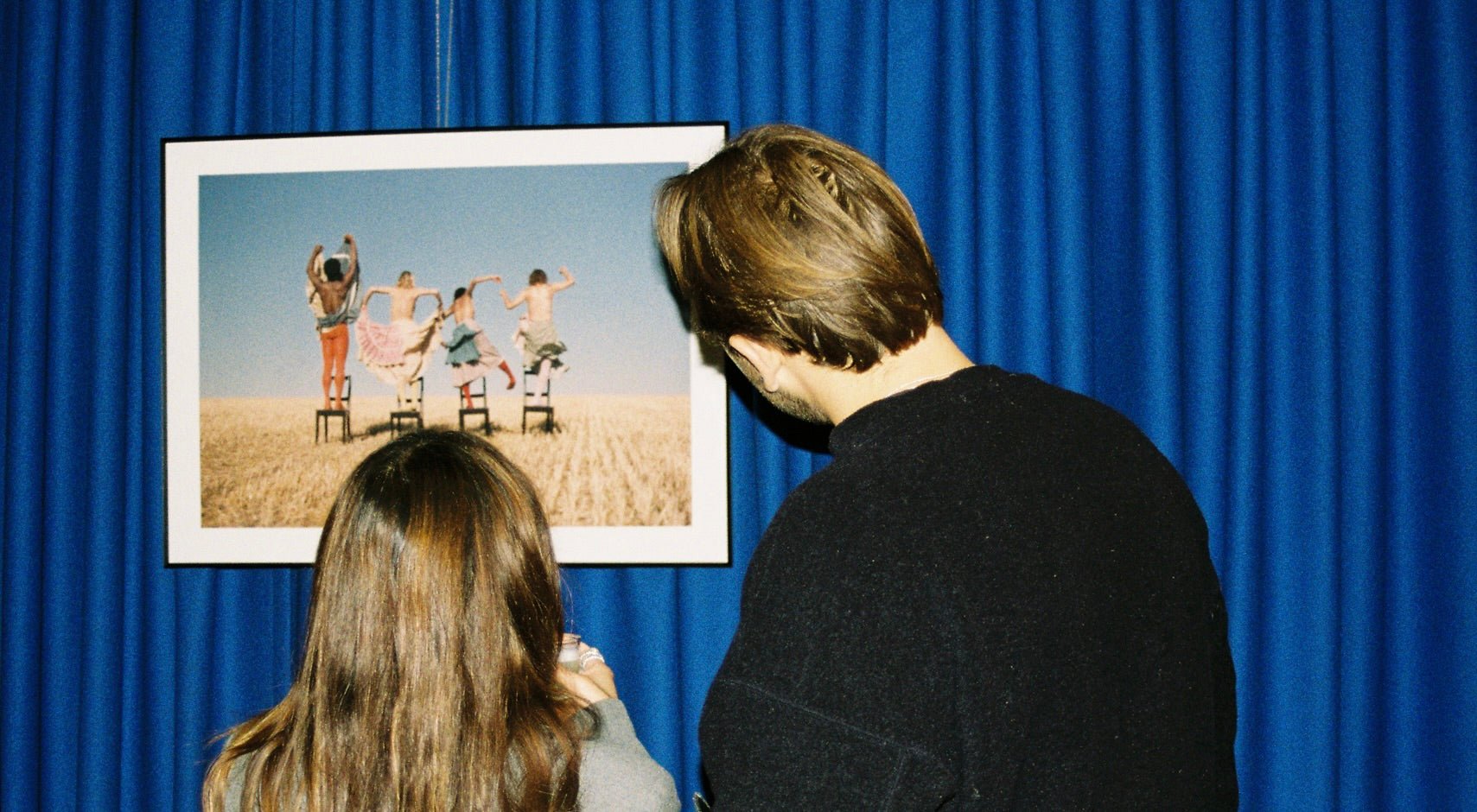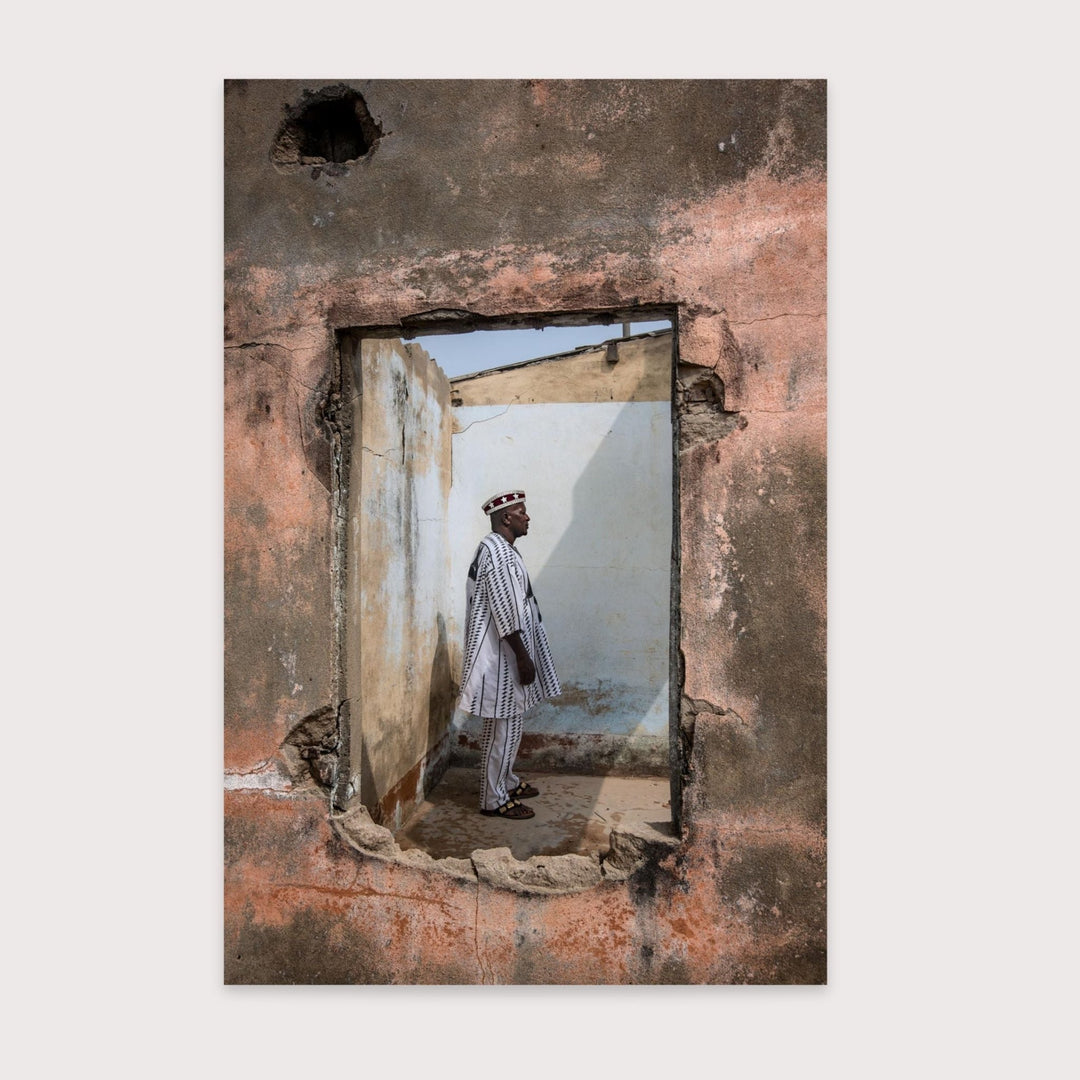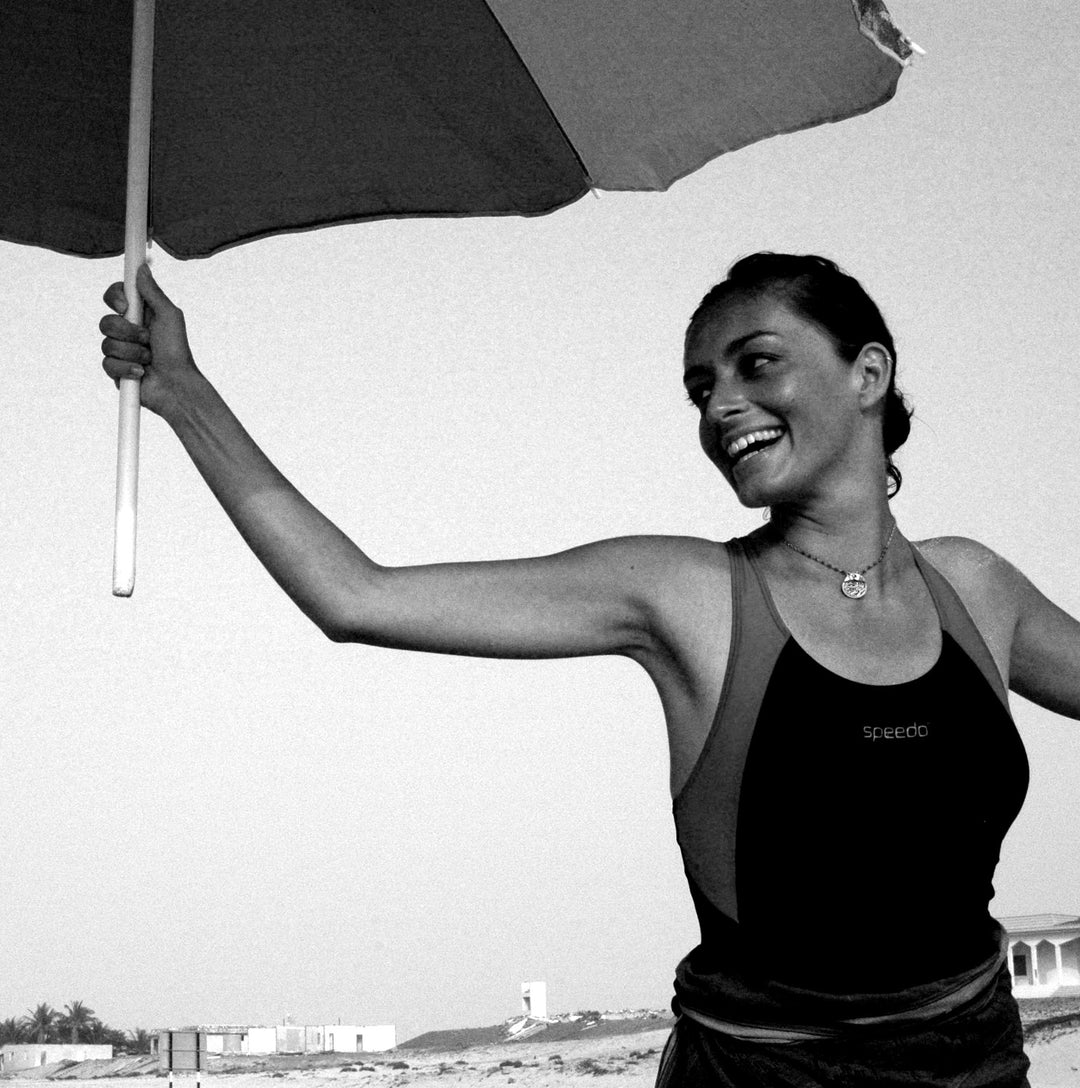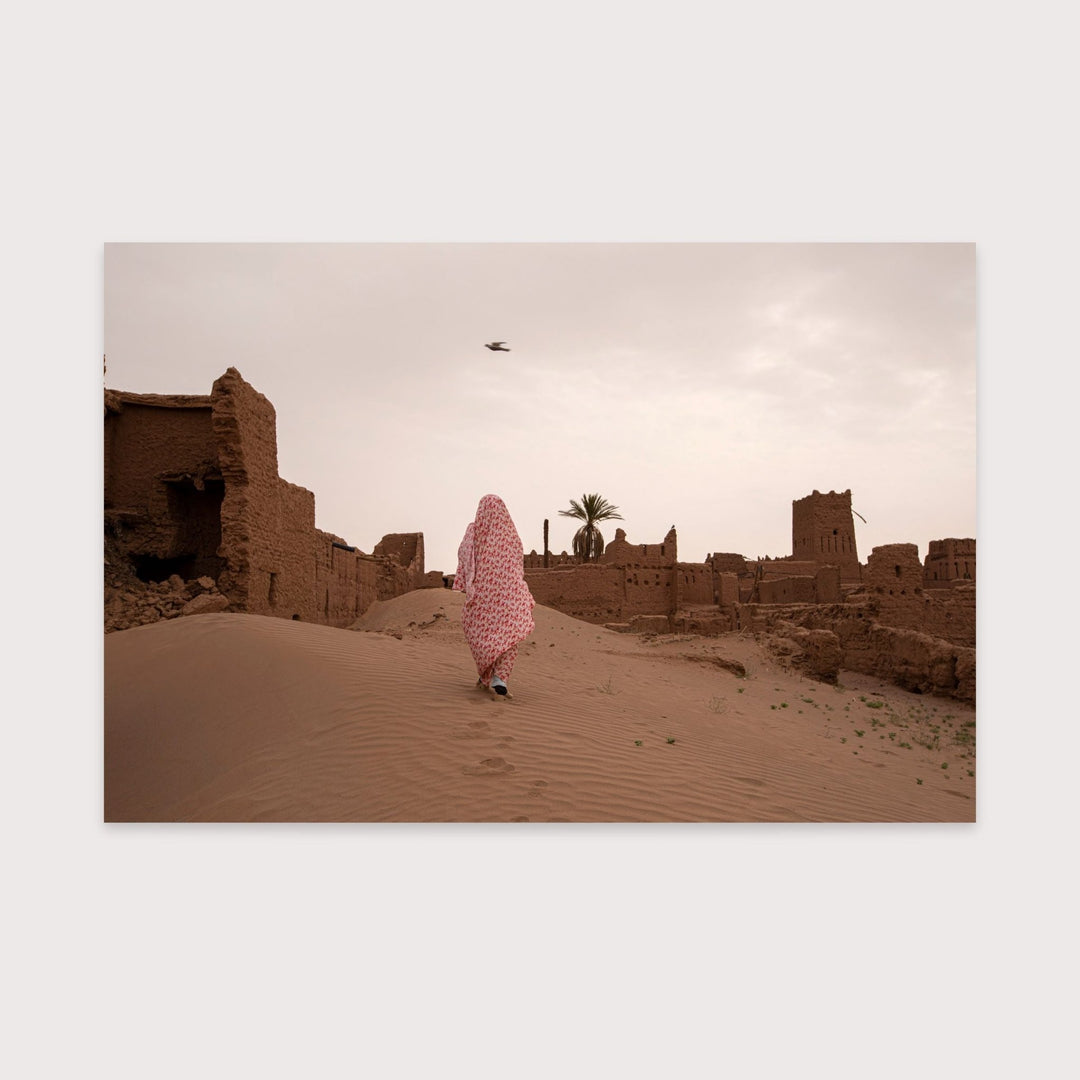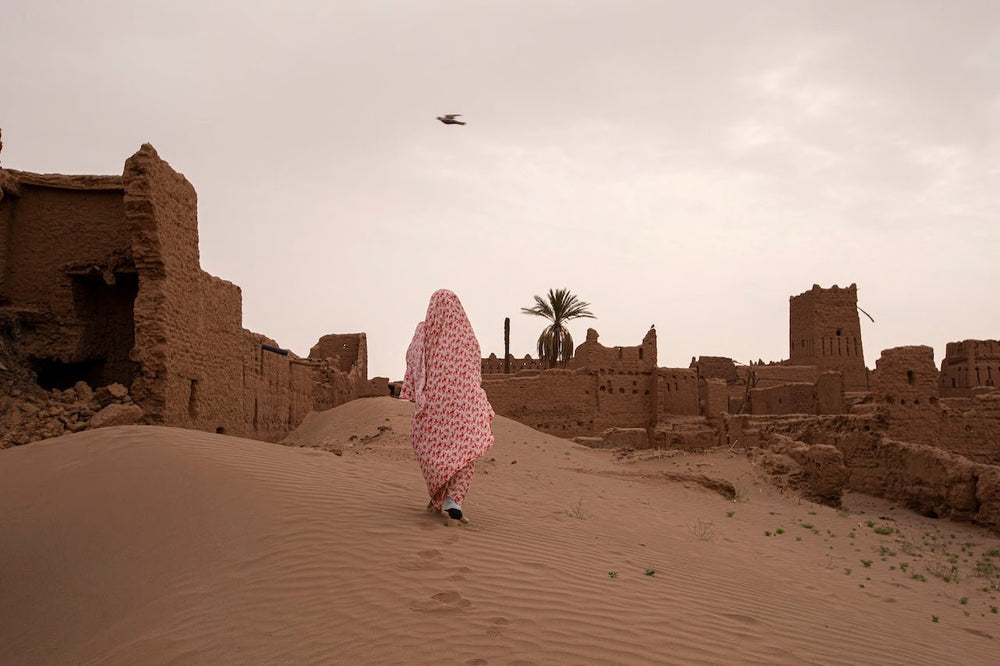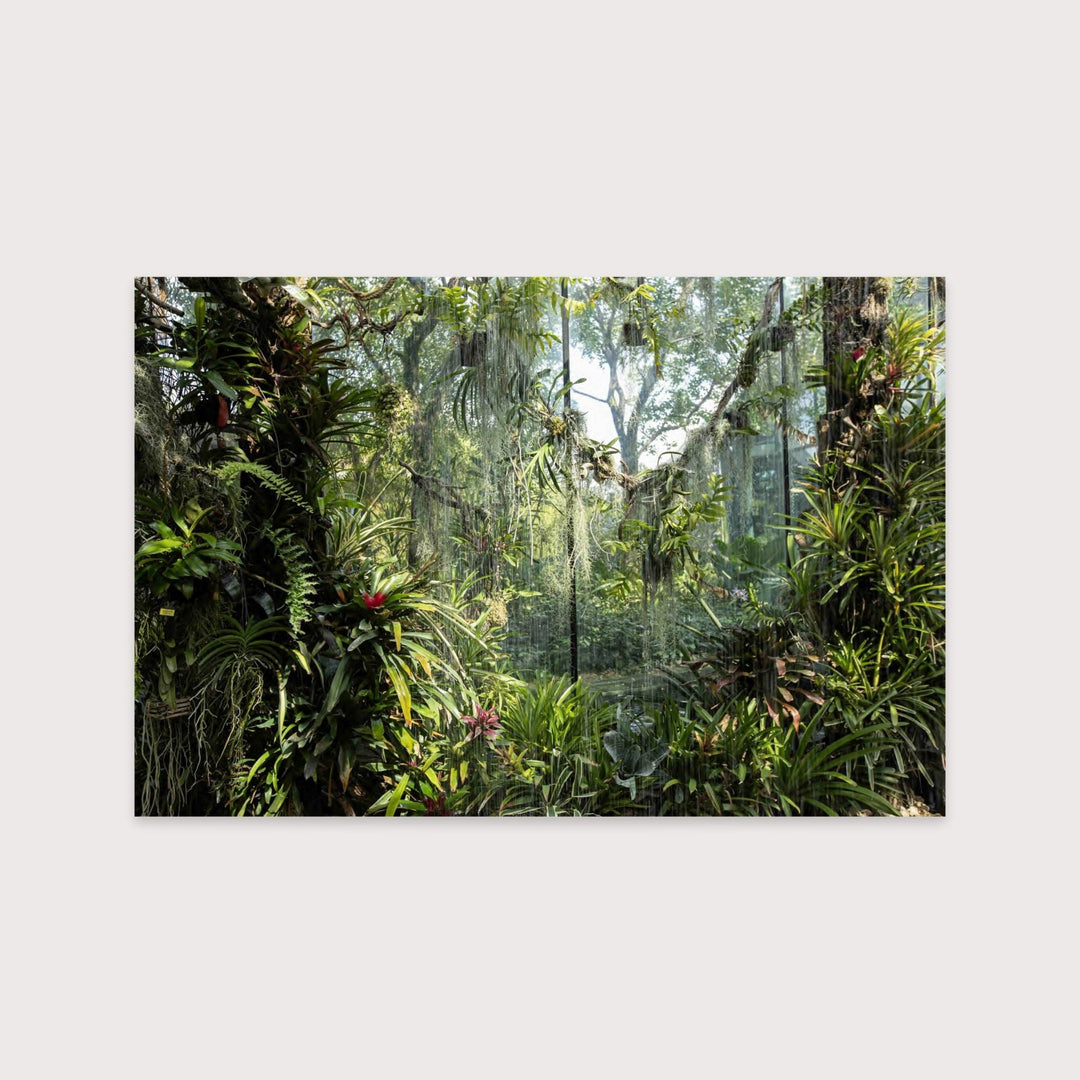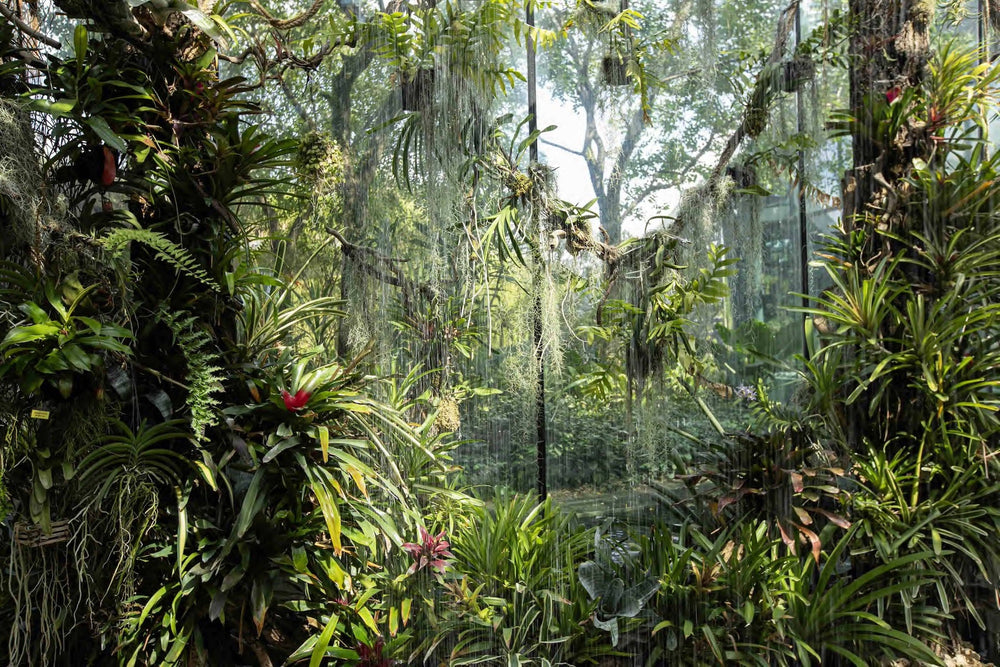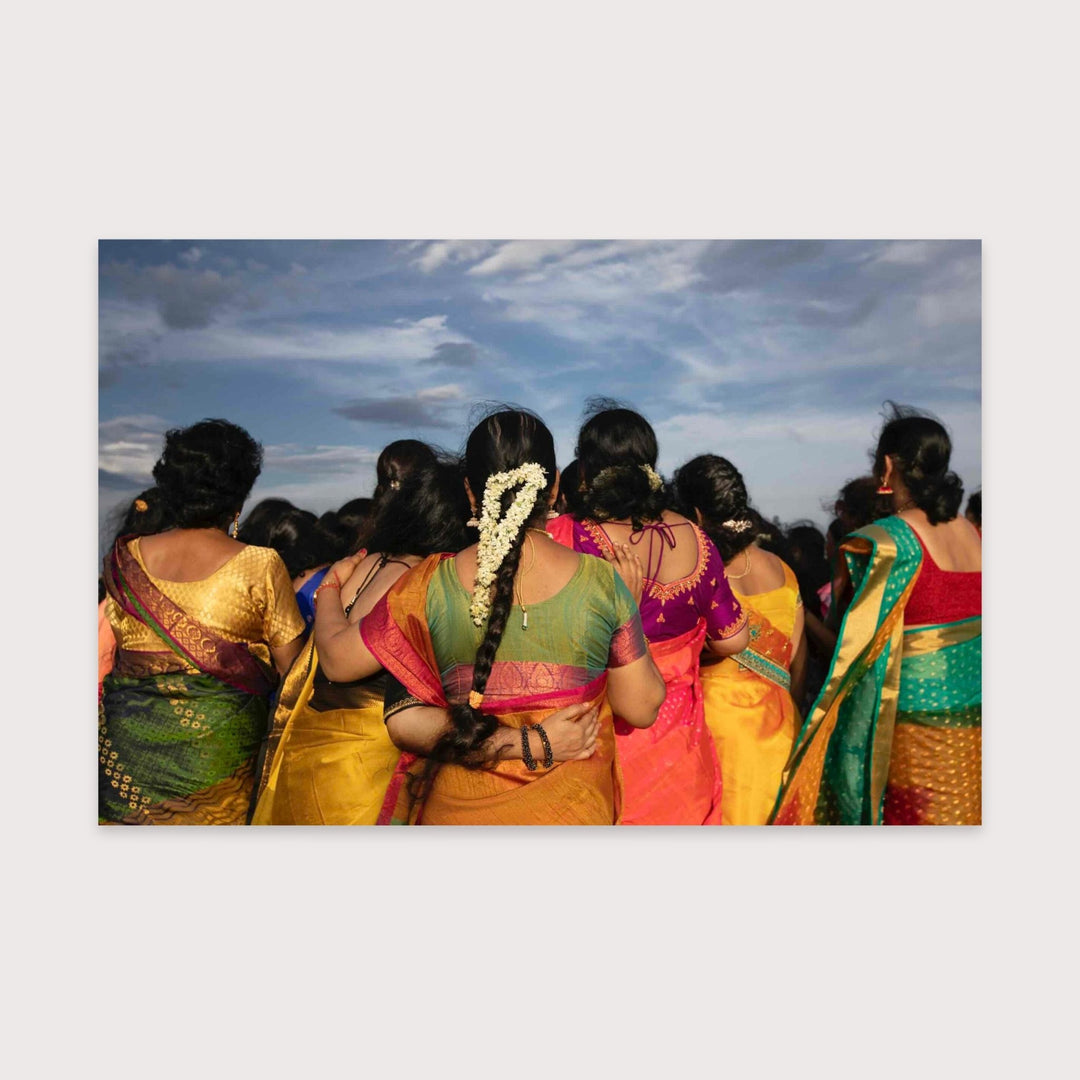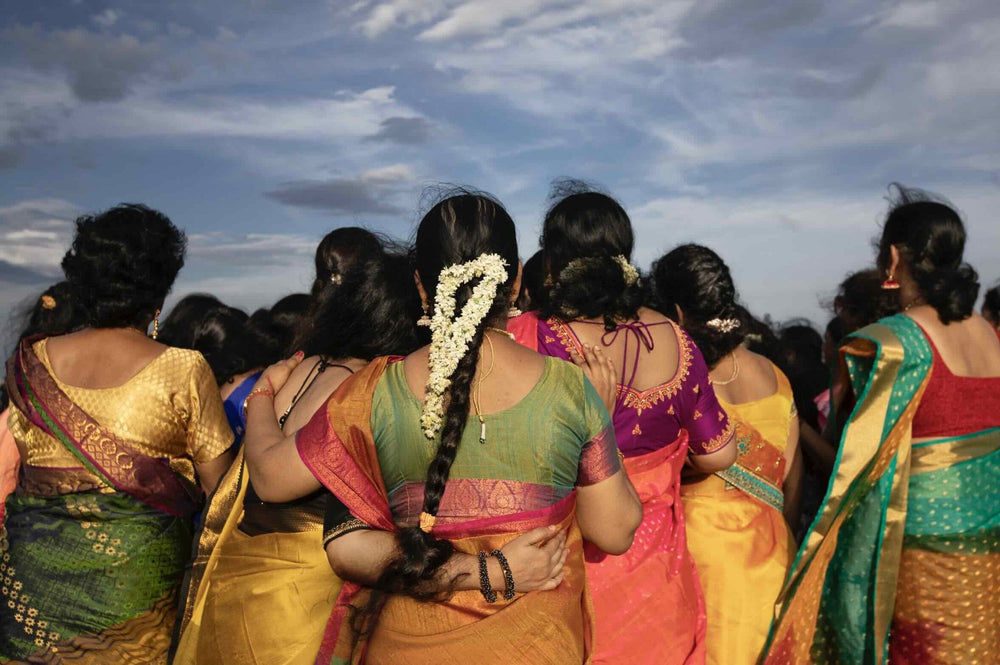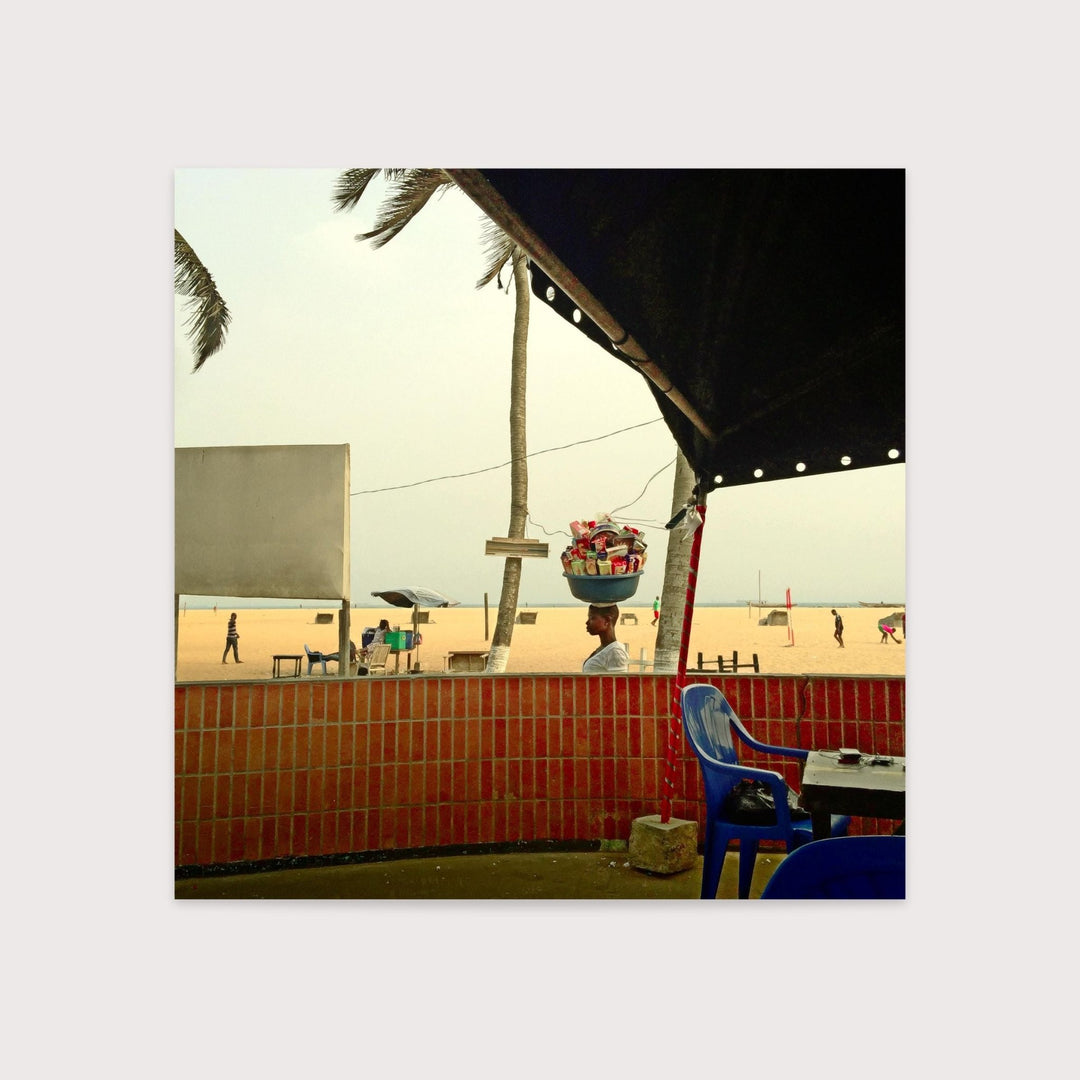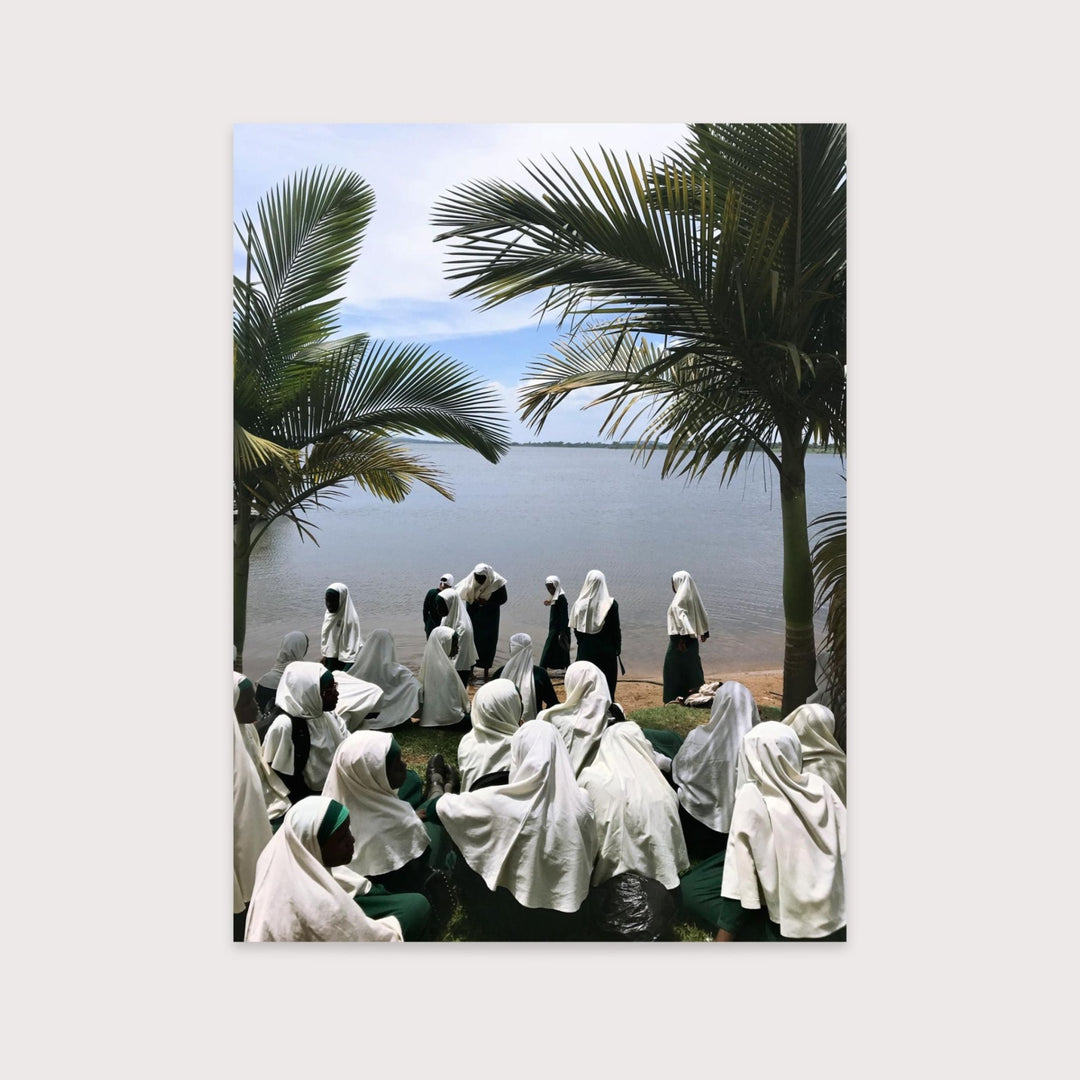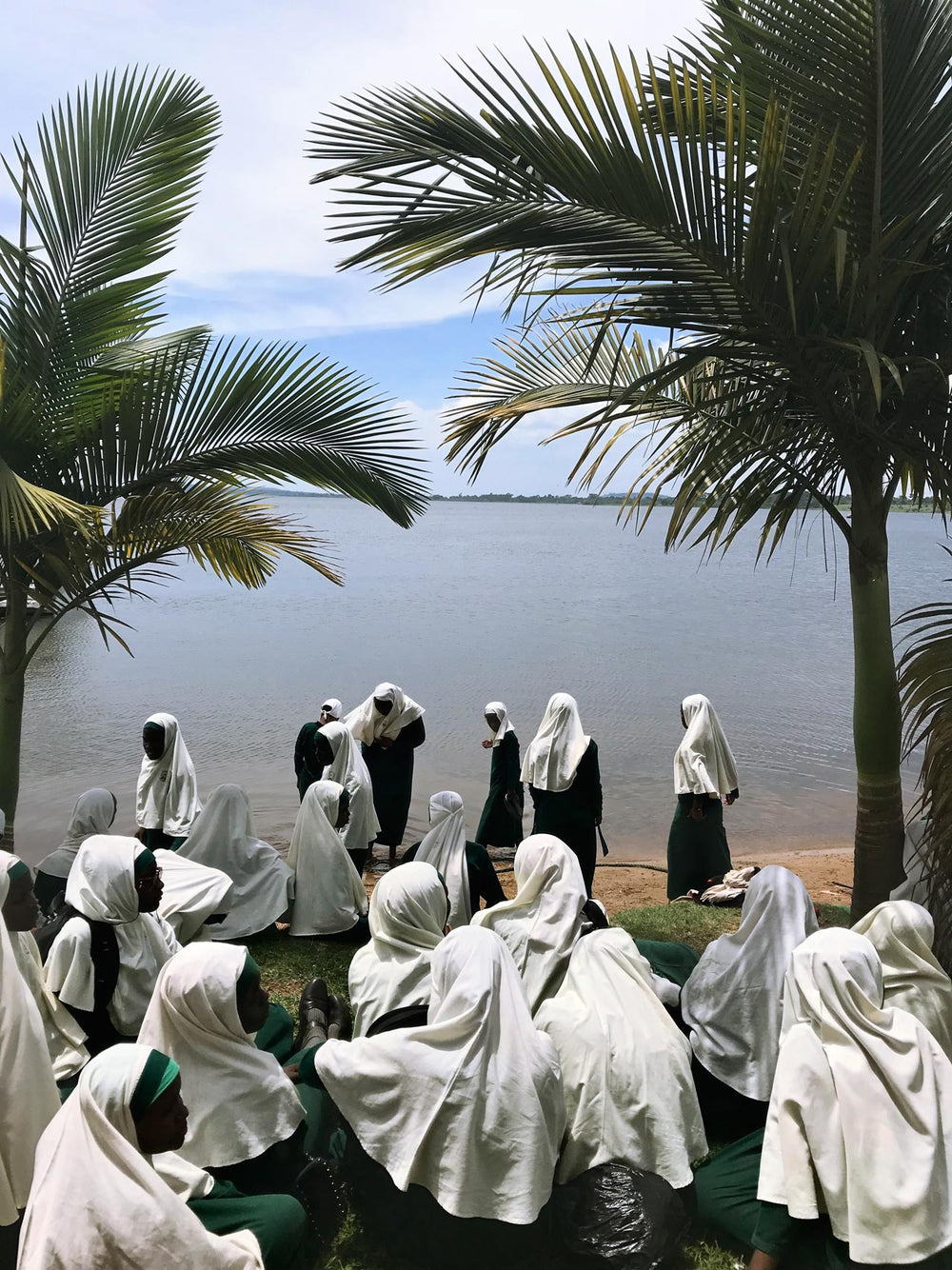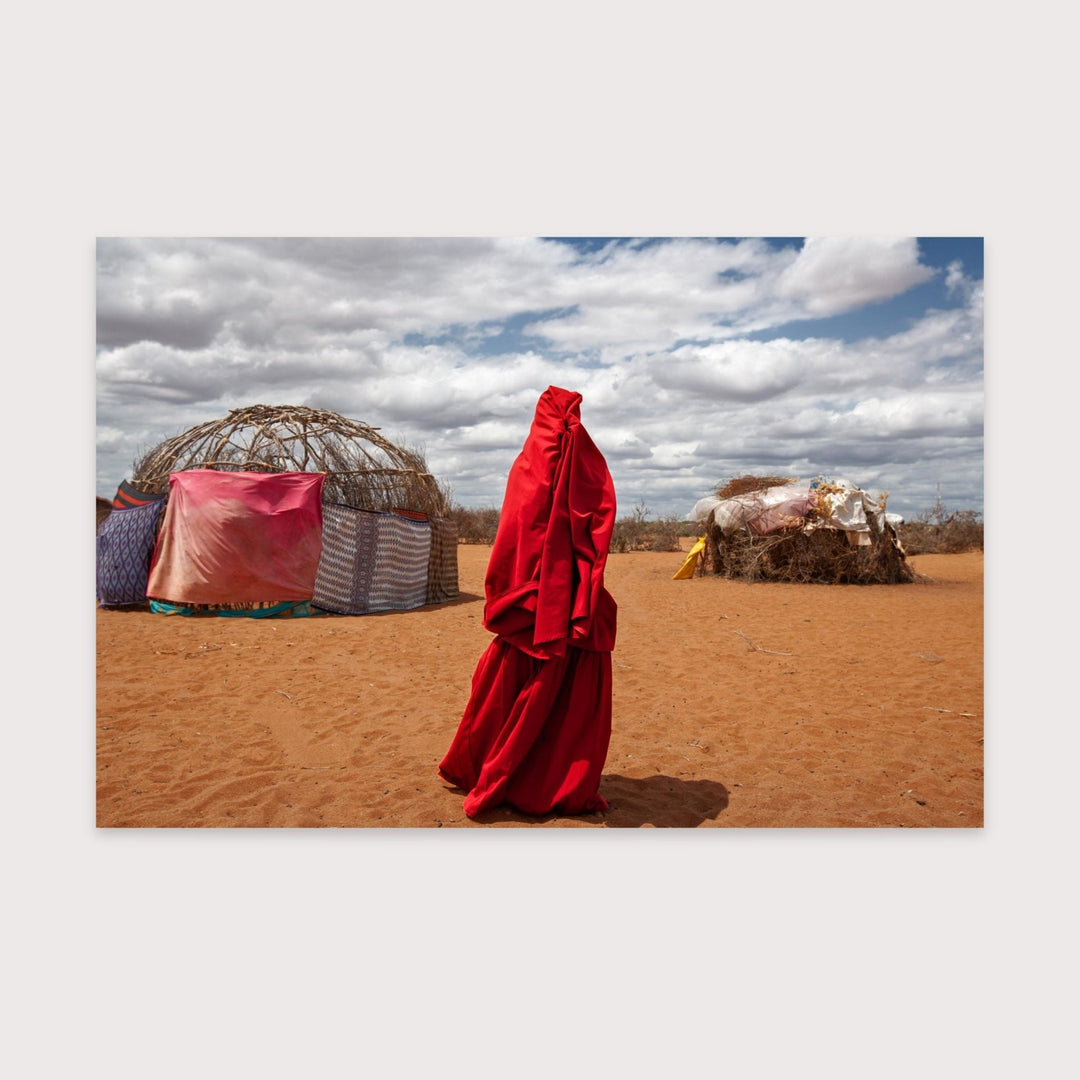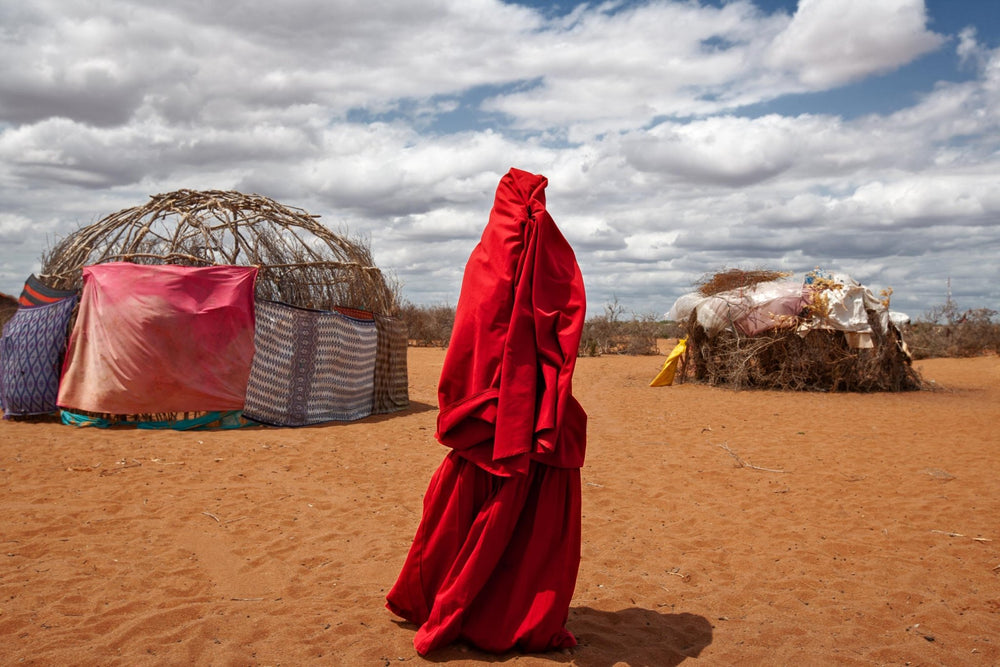Things Fall Apart - Matilde Gattoni
- Worldwide shipping from Sweden & Germany
Exclusive edition of 20 pieces. Art photography by French-Italian photographer Matilde Gattoni based in Barcelona, Spain. Togo - 2016.
A limited edition is the fixed number of copies for one individual artwork indicating how often it exists worldwide. Each print comes with a Certification of Authenticity hand signed by the artist.
Togbe Agbavi Koffi, 60, is the chief of the village of Agbavi. When he was a kid his house was in an area which is nowadays 1,5 km inside the ocean. «Once, erosion was a seasonal event. Now, the sea advances all year long», he explains. «It has devastated our villages and many of our people have already left».
As a direct consequence of global warming and sea level rise, more than 7,000 kms of coastline from Mauritania to Cameroon are eroding at a pace of up to 36 metres per year, disrupting the lives of tens of millions of people in thirteen countries. While local governments scramble to salvage big cities and industrial complexes, thousands of villages are being left out in the cold, pushing a thousands-year-old way of life on the brink of extinction.
Once home to thriving fishing settlements, the coastline of Ghana and Togo is now a sequence of crumbling buildings and ghost towns which have been swallowed by the ocean in little more than 20 years. As climate change wipes away houses, churches and plantations, it also destroys the livelihood, cultural heritage and social fabric of entire communities, with dangerous consequences for the future of the whole continent.
Rising temperatures have prompted fish stocks to move to cooler waters away from the coasts, starving the local fishing industry, while erosion and salinization have affected agriculture by reducing the quantity of arable land and contaminating freshwater reserves. Deprived of their means of survival and with no hope for the future, communities lose their most resourceful people to migration. As rampant unemployment drives drugs and alcohol consumption, the only profitable activities are offered by criminal syndicates involved in fuel smuggling and illegal sand mining.
Far from being an isolated issue, the problems haunting West Africa now are the harbinger of what mankind will experience if we won't be able to find a viable balance between progress, social inequality and environmental conservation. In a world where progress is synonymous with urbanization and consumerism, the lives of traditional communities are constantly being sacrificed on the altar of modernity, even when the increasing pressure on natural resources should prompt an overhaul of our priorities. This conundrum is becoming the most pressing issue of our times.
For more information on Sizes & Print Materials, visit Fine Art Prints
Keep prints out of direct sunlight. Avoid heat and humidity. Before framing, acid-free archival mat is recommended to avoid direct contact between the print and glass.
Delivery within EU 1-2 weeks. Worldwide within 3 weeks. VAT is included in the price. Deliveries to non-EU countries might come with extra taxes and import duties that the customer must cover.
To find details regarding returns and refunds for custom-made items, kindly refer to our Return Policy. Here


